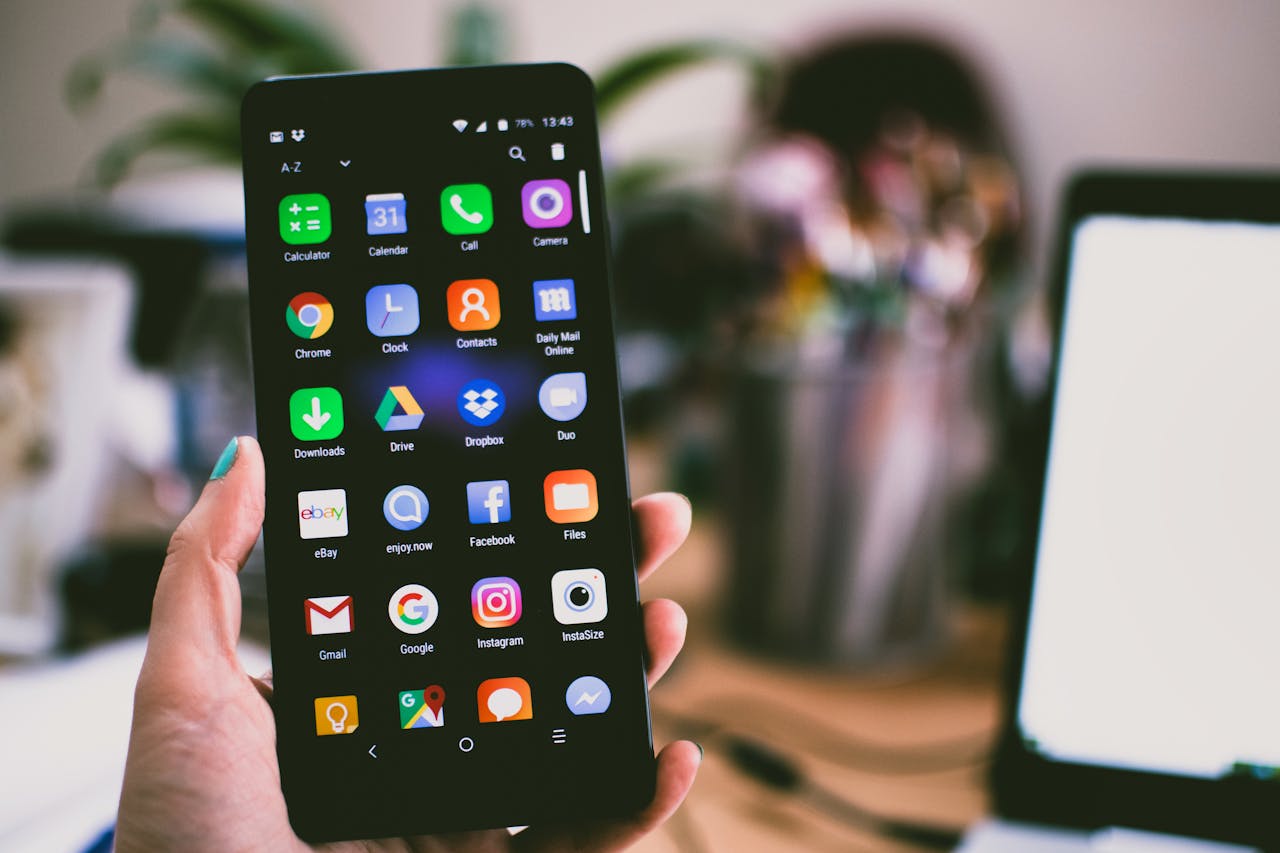CHINA: A man from eastern China was arrested for using more than 400 mobile phones to boost his chances of winning gifts during live streams, in a scheme that has left social media users both shocked and intrigued.
According to the South China Morning Post, the suspect, known only by his surname Ma, was caught in August 2024 after a tip-off from an elderly passer-by who noticed unusual activity at a garage in a residential compound in Jiangsu province.
The concerned observer suspected it might be a scam operation, prompting a police investigation.
Ma’s actions are part of a broader issue that gained attention in 2023 when reports surfaced about a Chinese fraud company manipulating live-stream viewer traffic by using hundreds of phones to create false engagement.
However, Ma’s case turned out to be a different story.
According to the police, Ma confessed to operating a large number of phones, each linked to a unique live-streaming account.
His goal was to increase his chances of winning “lucky bags”—random gift giveaways that require viewers to click a button to send a message in the hope of securing a prize.
These gifts, provided by the live-streamers, ranged from everyday items to high-end gadgets like iPhones.
Ma admitted to selling the prizes, which included items such as printers and smartphones, on second-hand e-commerce platforms.
He reportedly earned between 10,000 and 20,000 yuan (US$1,400 to US$2,800) per month through his scheme.
What made Ma’s operation possible was his avoidance of using SIM cards in the phones. Instead, he purchased pre-registered accounts online.
These accounts, which contained personal information, led to charges of infringing on personal data, a crime under Chinese law.
The case highlights a growing concern over the use of personal data for fraudulent activities. Under Chinese Criminal Law, individuals found guilty of obtaining, selling, or distributing personal information can face up to three years in prison and heavy fines.
On social media, Ma’s unconventional hustle has drawn mixed reactions.
“It must have cost a fortune to buy 400 smartphones and secure the necessary bandwidth,” commented one user on Douyin, China’s version of TikTok.
Others pointed out that Ma was not alone, as multiple phones are often used by people seeking a shortcut to live-stream raffle prizes.
Ma’s story sheds light on the lengths some are willing to go for a shot at quick rewards—and the growing problem of fraud and privacy violations in China’s digital landscape.

